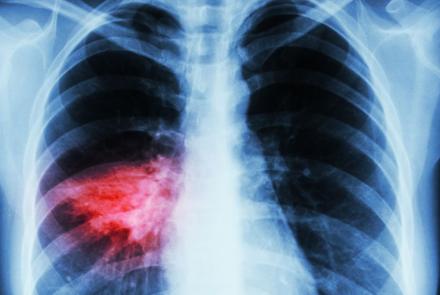Making your health a priority in 2025 starts by following these helpful tips.
With the start of the new year, now is the perfect time to assess your health and consider lifestyle changes that will help improve your longevity and well-being.
“The new year offers the perfect opportunity to make both your physical and mental health a priority by making healthier food choices and exercising regularly,” says Alina Sardana, DO, a board-certified family medicine physician at Highland Medical, Clarkstown Medical Associates in New City, NY. “Good health involves more than just the absence of illness - it involves a nutritious diet, adequate rest, stress management, and healthy lifestyle choices.”
Here’s Dr. Sardana’s advice:
SEE A PRIMARY CARE PROVIDER REGULARLY. Adults should have a physical once a year. Those with chronic health problems might need to visit their doctor’s office more frequently. Your primary care provider may pick up a condition that does not have any signs or symptoms, such as high blood pressure, diabetes or heart disease.
KNOW YOUR NUMBERS. At your checkup, you will learn important health-related numbers, such as your blood pressure, which should be 130/80 or lower, and fasting blood glucose level, which should be 100 mg/dL or less. Knowing these numbers will allow you to track any unusual increases. Another number to watch is the BMI, or body mass index, indicating if you are overweight or obese. An elevated BMI is linked to health problems such as heart disease and cancer. An ideal BMI is between 20 and 25.
STAY ON TOP OF SCREENINGS. Schedule screening tests at appropriate intervals, such as those for breast, cervical, and colorectal cancers. Women aged 21 and older should have a Pap smear once every 3 years (or sooner if instructed by your physician). Women aged 40 and older should have an annual mammogram, and adults ages 45 and older should have a colonoscopy every 10 years (unless instructed otherwise by your physician). Tell your primary care provider if you have a family history of cancer. If a close relative has had the disease, you may need to start screening earlier.
KEEP YOUR WEIGHT IN CHECK. Start with baby steps: Cut back on calories by eating smaller portions and increase your activity level by 10 percent daily. Aim to drink half your body weight in ounces of water daily. (For a 150-pound person, that’s 75 ounces of water.) Drinking enough water helps to quell hunger, increase energy levels and keep your kidneys healthy.
IF YOU SMOKE, KICK THE HABIT. Smoking harms nearly every organ in the body and is a risk factor for cancer, as well as heart and lung diseases. Quitting will improve your health, how you feel and your longevity. TriHealth offers smoking cessation programs (visit www.bit.ly/kicktobacco for more information). Individual and group support can help, as can nicotine replacement therapy, such as the nicotine patch, gum, lozenge, inhaler and nasal spray.
GET MOVING. Be sure to exercise regularly. It is the best way to have a healthy body and mind. It also helps to ease chronic pain. According to the CDC, it is recommended that adults get at least 150 minutes of moderate-intensity aerobic activity—such as brisk walking, dancing and household chores—each week. This translates into about 20 to 40 minutes per day. The guidelines also recommend strength training, such as lifting weights, two days a week.
Highland Medical, Clarkstown Medical Associates is located at 350 S. Main Street in New City, NY. To schedule an annual examination with one of our primary care physicians, call 845-352-5300.






